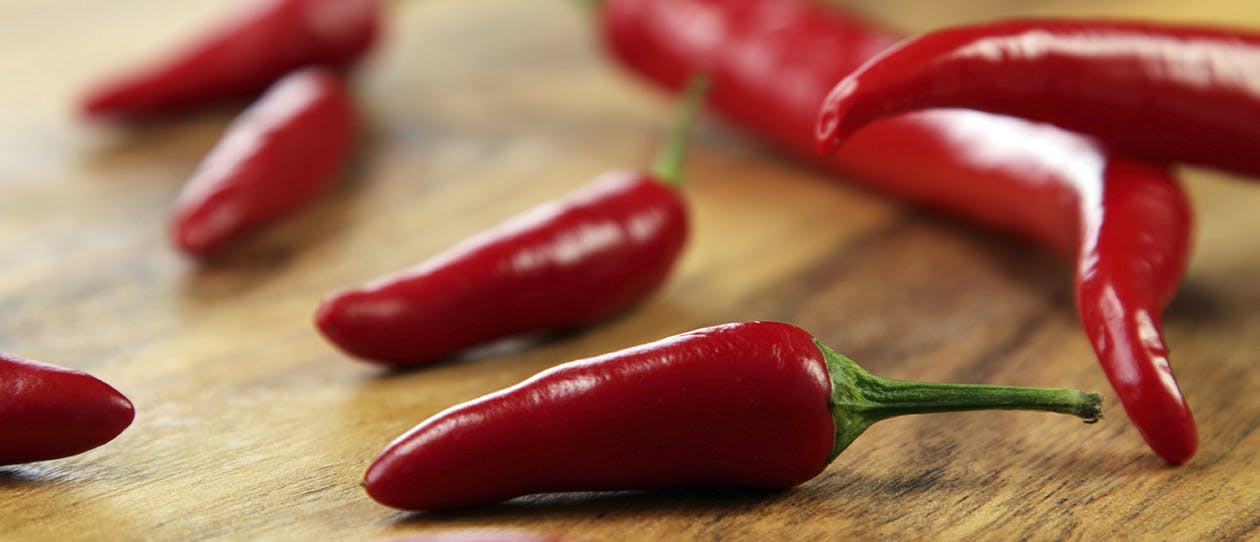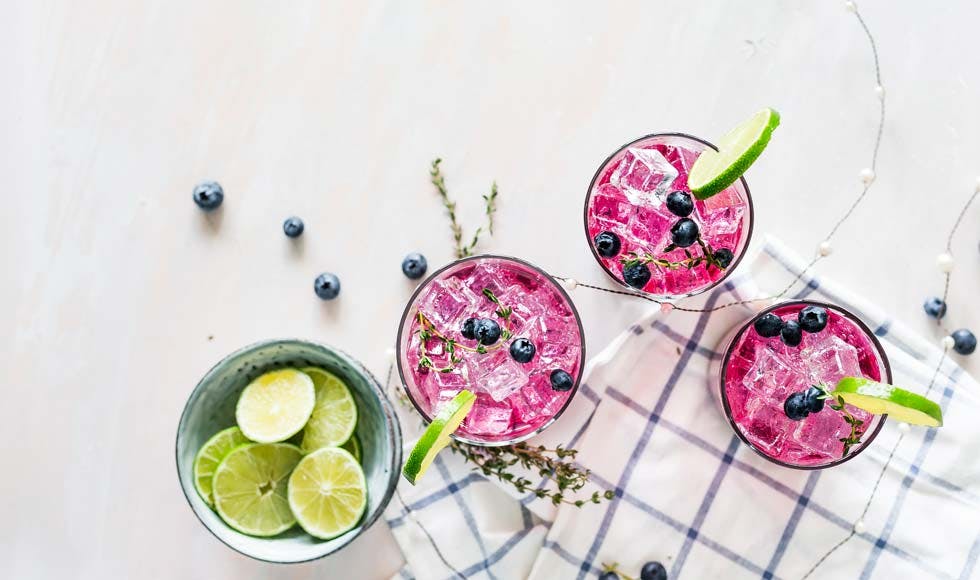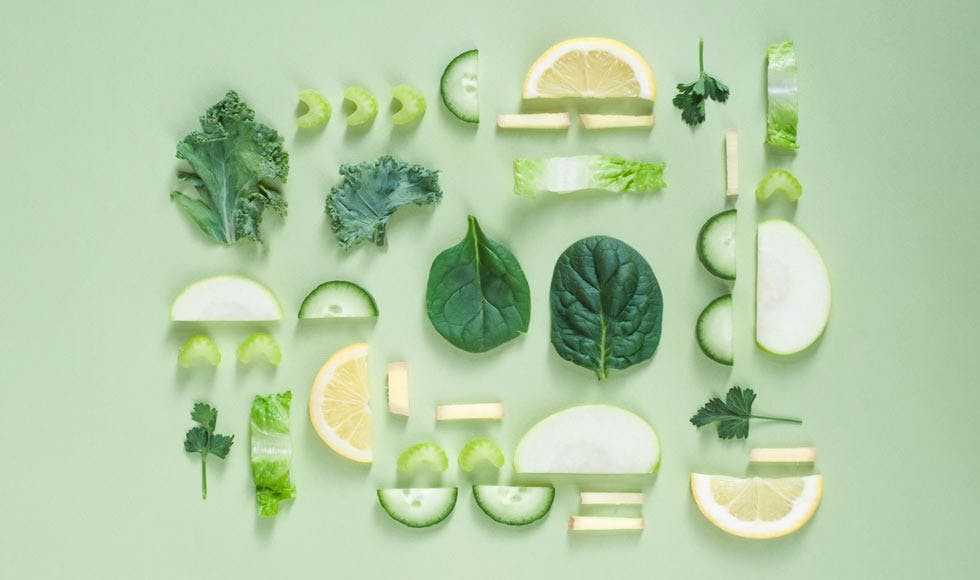
- Health hub/
- Tips & Advice on Improving your Digestive Health/
- Healing tips for stomach ulcers


A stomach ulcer (also known as a gastric ulcer) is a break in the tissue lining of the stomach, forming a sensitive, raw patch.
A break in the tissue lining of the duodenum (the first part of the intestine after the stomach) is known as a duodenal ulcer, while a break in the lining of the esophagus (the tube that carries food from your throat to your stomach) is known as an esophageal ulcer.
Gastric, duodenal and esophageal ulcers may also be referred to as peptic ulcers. Some of the symptoms of a peptic ulcer may include:
- burning stomach pain, or abdominal pain below the ribcage
- loss of appetite, or weight
- severe bloating
- vomiting, with or without blood in vomit
- light-headedness and nausea
- blood in bowel motions, making them dark or black and tarry
Why do ulcers occur?
Peptic ulcers occur when the digestive juices and acids damage the sensitive lining of the stomach, duodenum or esophagus. It was once thought that ulcers were caused by stress, or poor diet, but we now know that is generally not the case.
Most ulcers are caused by infection with the Helicobacter pylori bacterium, also known as H. pylori. People who have H. pylori present in the lining of their stomach are far more likely to develop and ulcers. The method of infection is unknown, although peptic ulcers can run in families. The bug can be detected by a blood test, a breath test, or by examining the stomach lining.
Another potential cause of ulcers is the use of non-steroidal anti-inflammatory drugs (NSAIDs), which are medications (such as aspirin) used to treat pain and inflammatory conditions.
In addition, people with gastro oesophageal reflux disease (GORD) are at an increased risk for developing ulcers. Treatment for ulcers may involve the use of antibiotics, acid-suppressing medications and lifestyle modification.
Lifestyle strategies to help manage an ulcer
The following strategies are general guidelines designed to reduce stomach acid and gastric irritation that may help to alleviate the symptoms of an ulcer and speed up healing. However, it is important to note that individual symptoms may vary, and that what may cause irritation for one may be symptomless for another.
- Some dietary changes may help to complement medical treatment for ulcers, such as avoiding spicy foods like black pepper or chilies. These foods won’t cause an ulcer, but they may aggravate them and make them worse. If you find a particular food upsets your ulcer, you should avoid it. However, modifying your diet is now thought to have very little impact on the prevention or treatment of stomach ulcers.
- Changing the way you eat may help to reduce ulcer symptoms. For example, avoid late night snacks that may trigger nocturnal acid secretion. Eating regular meals may also help reduce the production of stomach acid.
- Because caffeine can increase the production of stomach acid, moderate your intake of caffeinated beverages (coffee, tea, cola drinks) and de-caffeinated coffee, and drink them with meals.
- Avoid cigarettes, which may reduce the natural defenses in the stomach and slow down the healing process.
- Moderate your intake of alcohol, especially when an ulcer is causing you pain. Alcohol can irritate the lining of your stomach, so it is best consumed with food. Some men might also find that specific types of alcohol such as beer cause more irritation than others.
- Use foods or supplements containing the beneficial bacteria Lactobacillus and Bifidobacterium which help to fight harmful bacteria in your intestine, and improve digestive function. They may also help complement medical treatments such as antibiotic therapy.
- Get enough sleep, which gives your body time to repair and regenerate damaged cells without the demands of digesting food.
- Manage your stress. Although stress does not cause of peptic ulcers, it may aggravate symptoms and even delay healing.
References available on request




